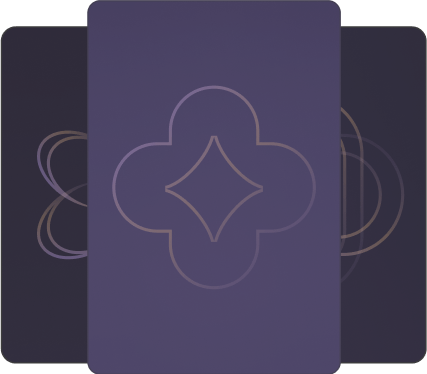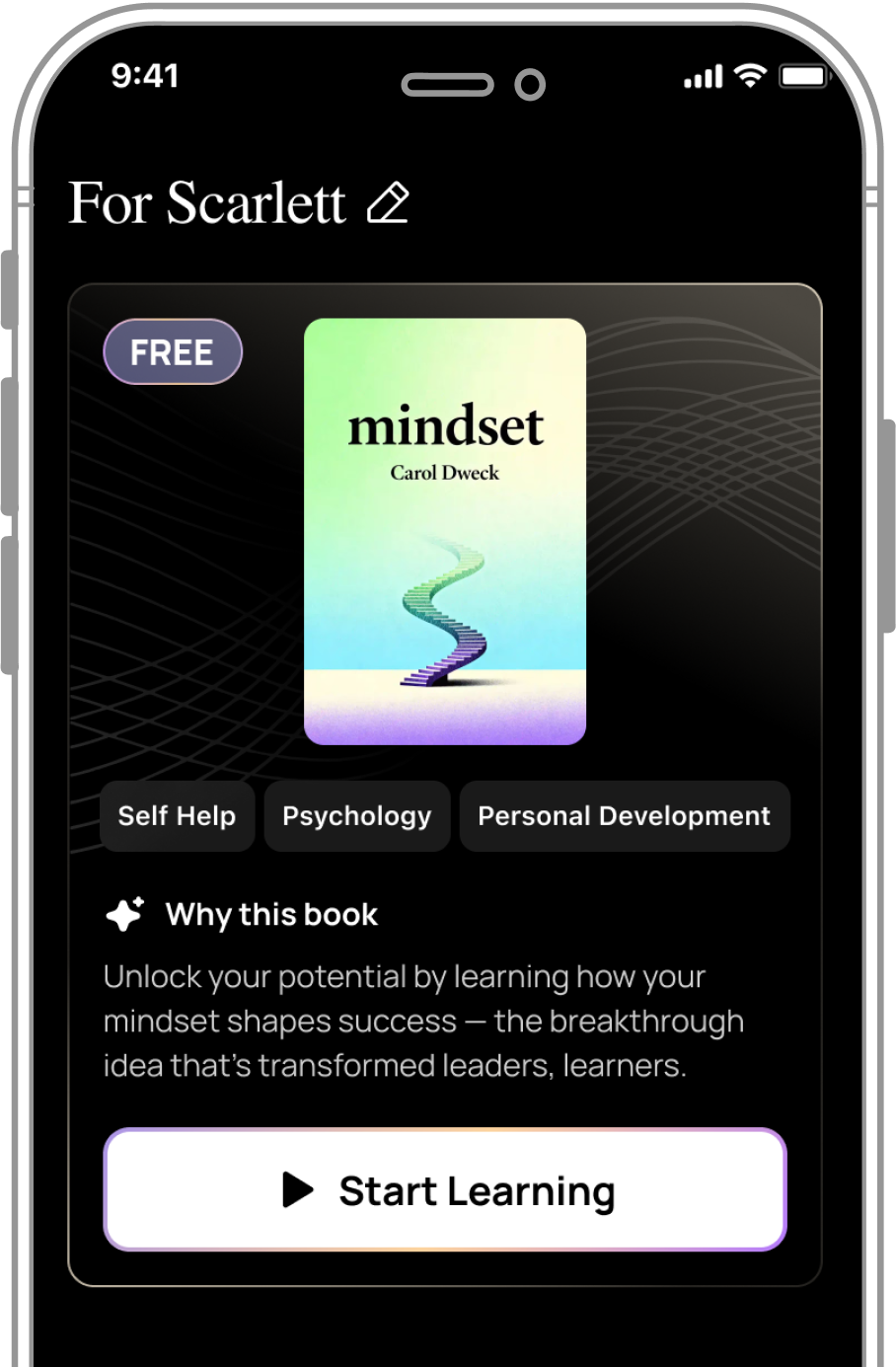What is
The Art of Seduction by Robert Greene about?
The Art of Seduction explores psychological strategies to master persuasion and influence through historical examples, archetypes, and a four-phase seduction process. It blends storytelling with tactical advice on creating desire, emotional manipulation, and maintaining control, positioning seduction as a form of soft power applicable in personal, professional, and political contexts.
Who should read
The Art of Seduction by Robert Greene?
Aspiring influencers, professionals in leadership or sales, and history enthusiasts will find value in Greene’s insights. While some strategies cater to romantic dynamics, the book’s principles on human behavior and persuasion are adaptable to networking, negotiations, and social influence—provided readers approach its tactics ethically.
Is
The Art of Seduction worth reading?
Yes, for its analysis of human psychology and timeless strategies for influence. However, readers should critically assess its manipulative undertones and prioritize ethical application. The book’s historical anecdotes and frameworks offer value, but its emphasis on emotional control may not align with all audiences.
What are the key phases of seduction in
The Art of Seduction?
Greene outlines four phases:
- Separation: Identify a target’s vulnerabilities and spark curiosity.
- False Security: Approach indirectly to lower defenses.
- Mixed Signals: Create intrigue through contradictory traits.
- The Precipice: Deepen emotional dependency to secure surrender.
What are the main seduction strategies in
The Art of Seduction?
Key tactics include creating mystery, leveraging absence to heighten desire, forging emotional bonds through shared secrets, and cultivating an aura of desirability via social proof (e.g., “creating triangles” where multiple admirers compete for attention).
What are the most famous quotes from
The Art of Seduction?
- “Seduction is the most subtle, elusive, and effective form of power”: Highlights seduction’s superiority over overt coercion.
- “The ability to delay satisfaction is the ultimate art”: Emphasizes patience and strategic withholding.
- “Charm is seduction without sex”: Distinguishes social allure from romantic pursuit.
How does
The Art of Seduction address ethical concerns?
Greene acknowledges seduction’s potential for exploitation but frames it as a neutral tool. He cautions against malicious intent and stresses self-awareness, urging readers to avoid harming others emotionally or psychologically.
How does Robert Greene use historical examples in
The Art of Seduction?
The book analyzes figures like Cleopatra and Casanova to illustrate archetypes (e.g., the Siren, the Rake) and timeless tactics. These stories demonstrate how seduction principles apply across eras, from royal courts to modern relationships.
How does
The Art of Seduction compare to Greene’s
48 Laws of Power?
Both books focus on influence, but The Art of Seduction emphasizes emotional manipulation and relational dynamics, while 48 Laws covers broader power structures. The former is more specialized, targeting interpersonal control rather than systemic dominance.
What criticisms exist about
The Art of Seduction?
Critics argue it promotes emotional manipulation, oversimplifies human connections, and leans heavily on romantic contexts. Some find its strategies amoral or impractical for ethical modern applications.
Can
The Art of Seduction be applied to professional settings?
Yes. Greene’s tactics on building rapport, reading emotions, and leveraging social dynamics can enhance negotiations, leadership, and networking. For example, creating “triangles” mirrors cultivating professional alliances to boost perceived value.
What are the seductive archetypes in
The Art of Seduction?
Greene identifies nine archetypes, including:
- The Siren: Uses allure and mystery.
- The Rake: Pursues targets relentlessly.
- The Ideal Lover: Fulfills unmet emotional needs.
Each archetype tailors strategies to a target’s desires, ensuring adaptability across scenarios.
How can readers apply
The Art of Seduction ethically today?
Focus on building genuine connections rather than manipulation. Use tactics like active listening, strategic empathy, and curated self-disclosure to enhance relationships. Avoid deceit, and prioritize mutual respect over control.








